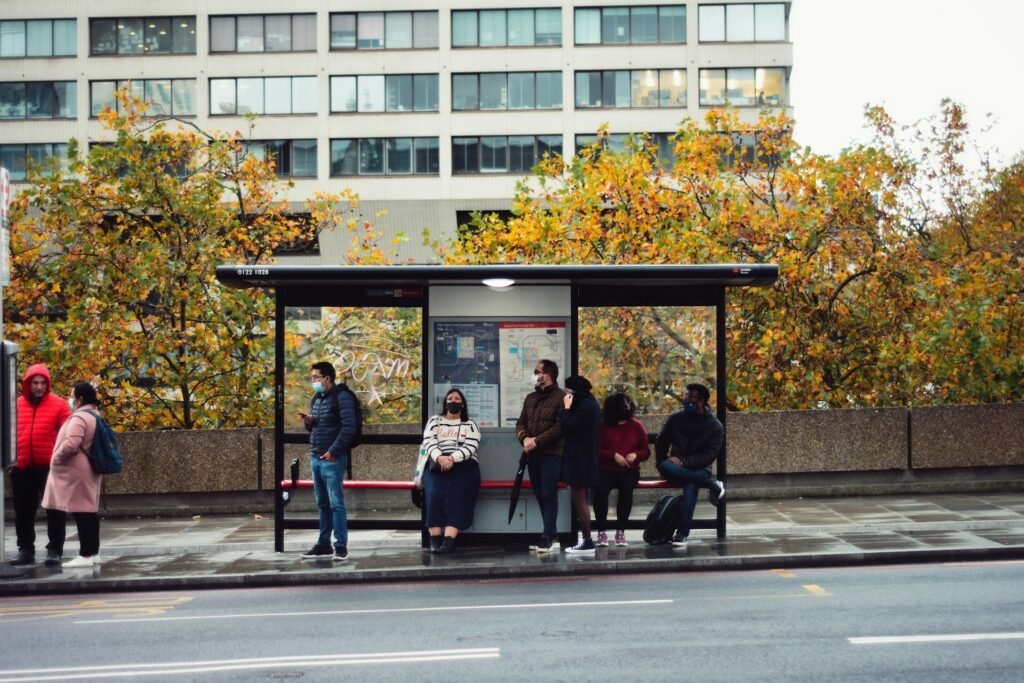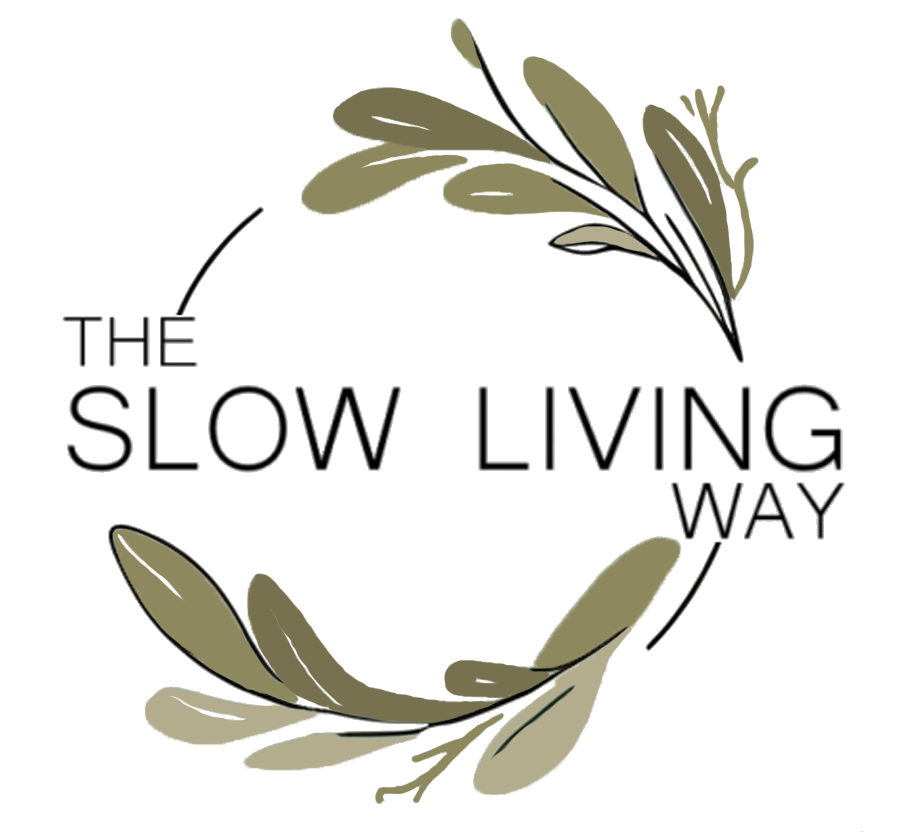Is Slowing Down a Privilege? Rethinking Mental Health and the Right to Rest
We talk a lot about slowing down these days. Breathe more. Do less. Be present. It sounds good—and for many, it is good. But there’s a tough, often overlooked truth hiding underneath this gentle philosophy: slowing down is a luxury not everyone can afford. And if slowing down is essential for mental health, does that mean mental health itself is a privilege?
Unfortunately, for many people, the answer is yes.
The Luxury of Time and Space
To slow down, you need space—physically, emotionally, and mentally. You need time that isn’t consumed by survival. But for many people, especially those in precarious or physically demanding jobs, slowing down isn’t just difficult—it feels impossible.
Let’s not pretend people always choose their jobs because they align with some deeper purpose. They choose what was available. What paid the bills. What was hiring. And they stay, not because they love it, but because there’s no apparent alternative. The idea of being present in a job that drains your body, your mind, and your soul can feel absurd.
For them, mindfulness in the workplace doesn’t feel like a helpful tool. It can feels like a joke. A fantasy, a privilege for people with desk jobs, remote flexibility, or yoga breaks. It’s not that they don’t want to live more consciously; it’s that their reality doesn’t give them the conditions to do so.
The exhaustion doesn’t clock out. It follows them home. After a day spent mentally dissociating just to cope with tasks that feel meaningless or exhausting, it’s hard to return home and suddenly “be present.” The body is worn out. The mind is overstimulated or numb. The emotional tank is empty.
Rest Isn’t Just a Pace—It’s a Value
Slowing down, then, is not just about pace. It’s about meaning. It’s about being able to connect with what you’re doing in the first place. And when your work life feels like a treadmill you can’t step off, that disconnection often becomes the default setting—even after hours, even on weekends.
For many, life is about getting through the day. There’s no room for intentional slow living when urgency dominates every moment.

Mental Health Needs More Than Hashtags
In recent years, conversations around mental health have gained momentum—and that’s a positive shift. Awareness campaigns, social media discussions, and open dialogue have helped reduce stigma. But while talking about mental health is essential, awareness alone is not enough.
Mental well-being requires tangible support: access to professional care, time to rest, emotional safety, and basic needs being met. For individuals living in poverty, these foundations are often missing.
According to Poverty USA, the relationship between poverty and mental health is cyclical and deeply entrenched. Lack of access to nutrition, stable housing, safe environments, and consistent healthcare can both cause and worsen mental health issues. For example, the site highlights how inaccessible nutrition can lead to chronic mental illnesses, showing that food insecurity isn’t just a physical issue—it has a profound mental impact.
This reality exposes a painful contradiction: while mindfulness, therapy, and wellness strategies are promoted as keys to mental health, they often remain inaccessible to those who need them most. The stress of economic instability, coupled with the stigma that still surrounds seeking mental health support, creates a cycle that is hard to break.
We have to stop pretending self-care exists in a vacuum. Stress from instability doesn’t get solved by aromatherapy or breathwork apps. And without systemic changes—like better access to food, housing, and healthcare—mental health will continue to be a luxury instead of a right.

The Right to Rest Should Not Be a Privilege
Here’s the paradox: rest and mental well-being are essential to all of us, yet access to both is deeply unequal. It shouldn’t be that way. Slowing down shouldn’t be a privilege, something reserved for the financially secure, the retired, or the privileged.
We must challenge the systems that make rest feel like a luxury. We need to normalize slower rhythms in our workspaces, schools, homes, and communities. Rest is not laziness. Rest is not indulgence. Rest is necessary.
What Can We Do?
- Recognize that not everyone can slow down equally—and don’t shame those who can’t.
- Advocate for workplace policies that support mental health (like flexible hours and mental health days).
- Create space in your community—online or offline—for people to talk openly about burnout and exhaustion.
- Support organizations and policies that promote mental health access for all.
Final Thoughts
Slowing down may still be a privilege for many—but it shouldn’t be. A truly slow and mindful life isn’t just about individual habits. It’s also about collective change.
Personally? I believe that building a life you find meaningful is one of the few things worth striving for. Not that we have to be happy all the time, that idea is unattainable and somewhat childish – but that’s a discussion for later.
However, I firmly believe that when we start to lose focus on what really matters and what makes sense to us, we lose control over ourselves. That’s why slow living can be a useful tool to try to regain focus, a tool that should be available to to all of us.


No responses yet